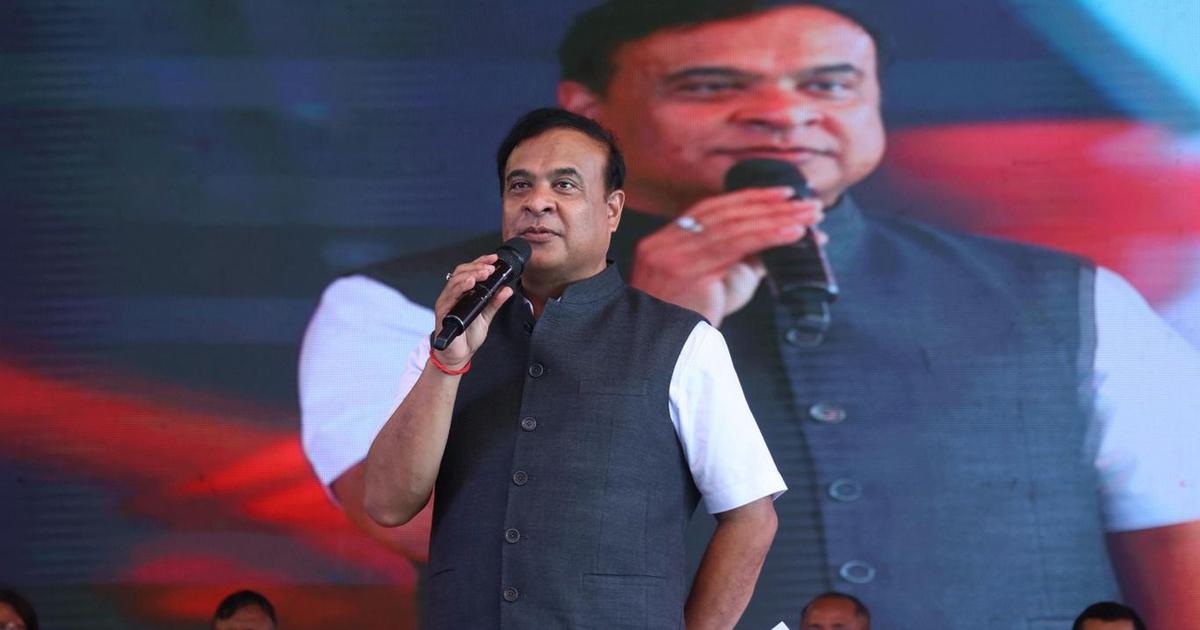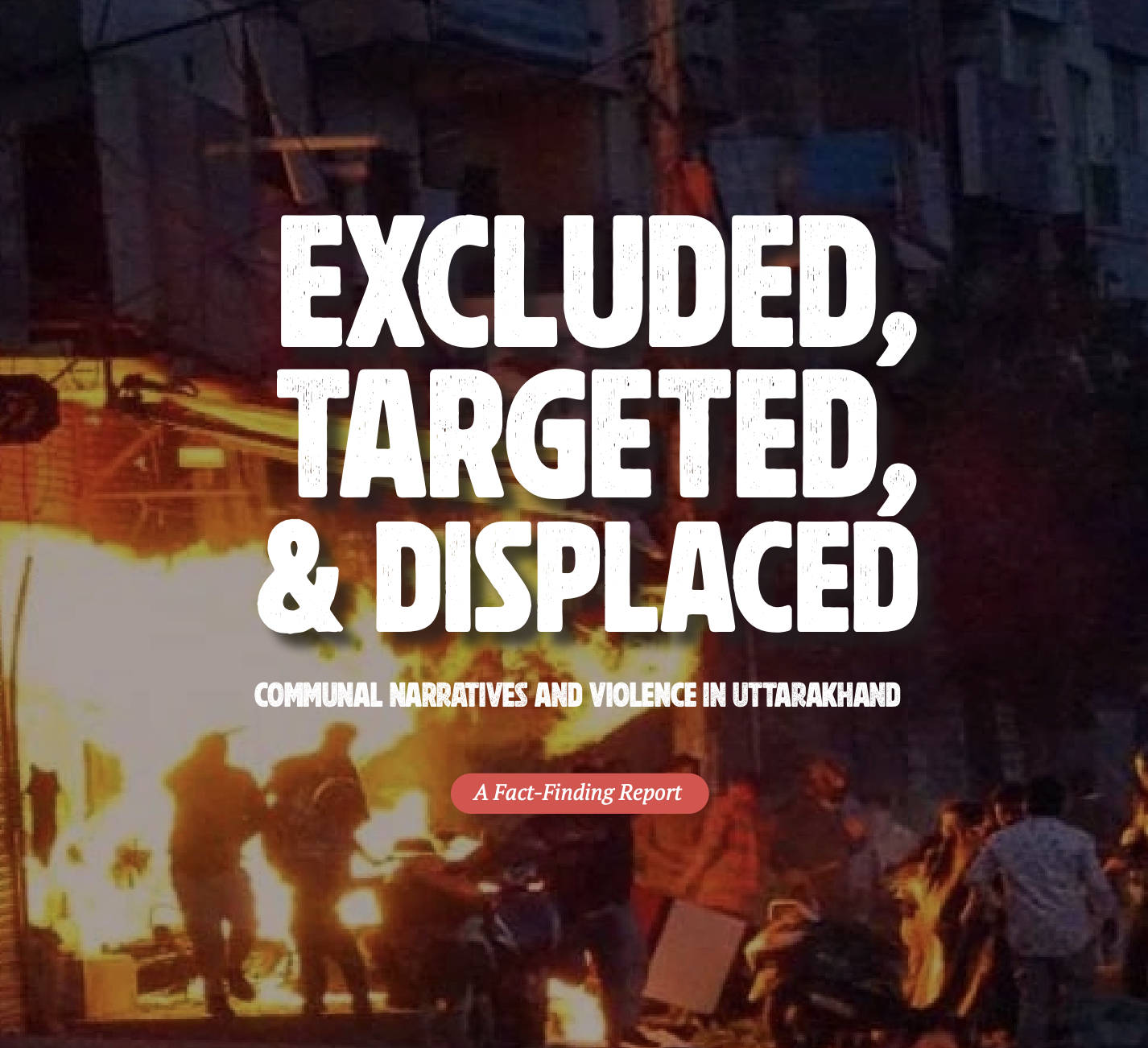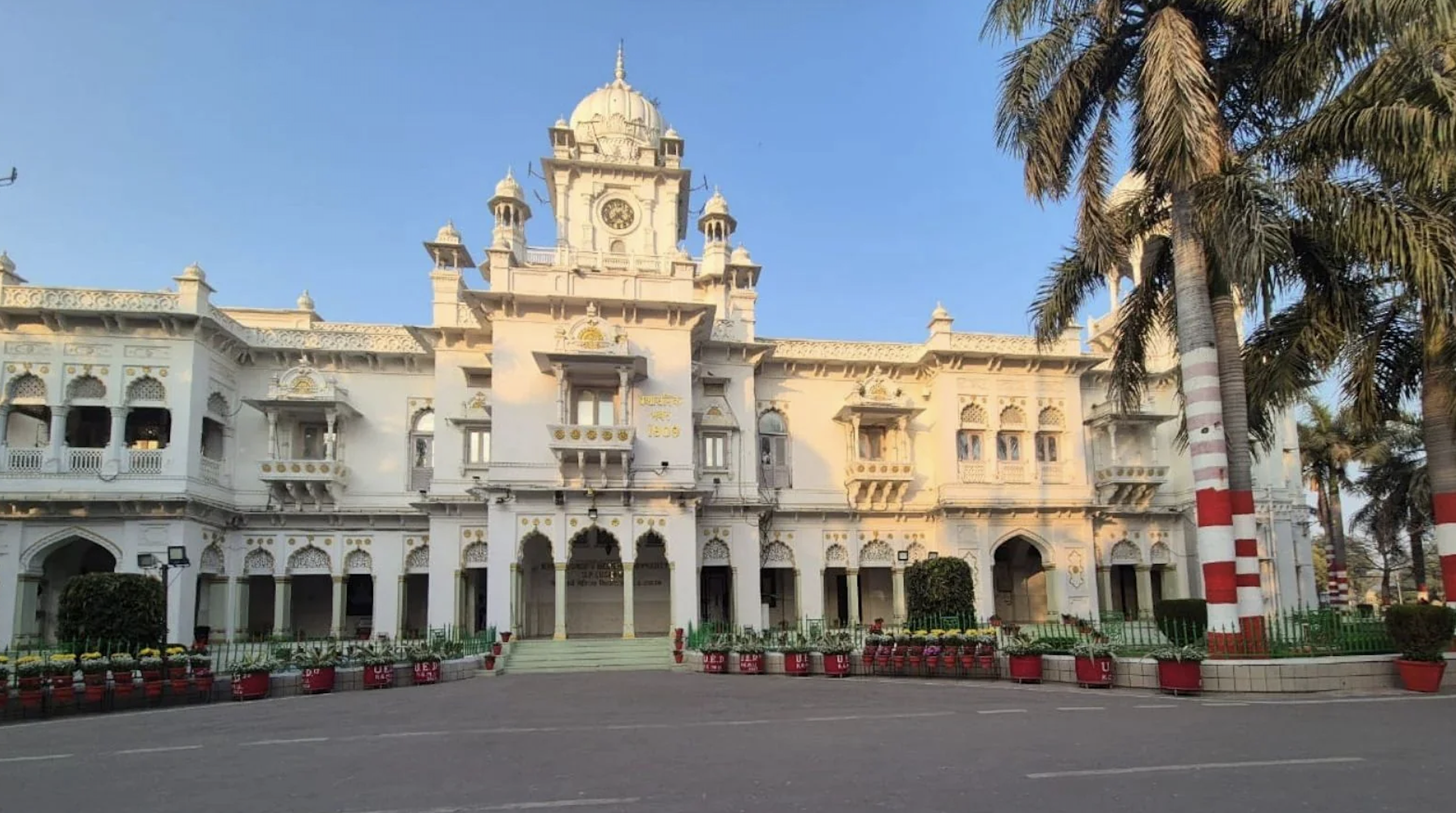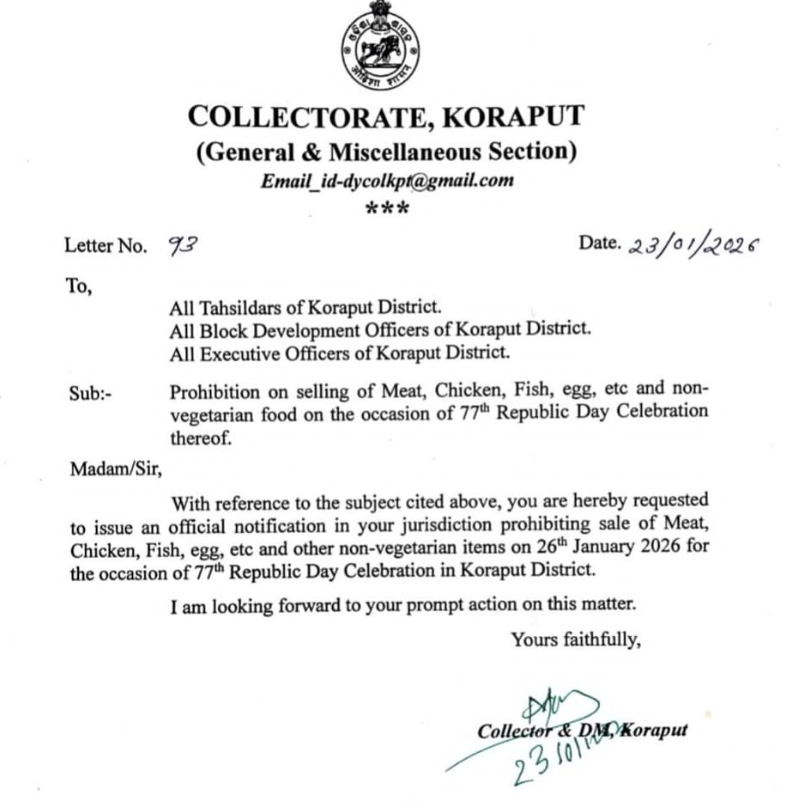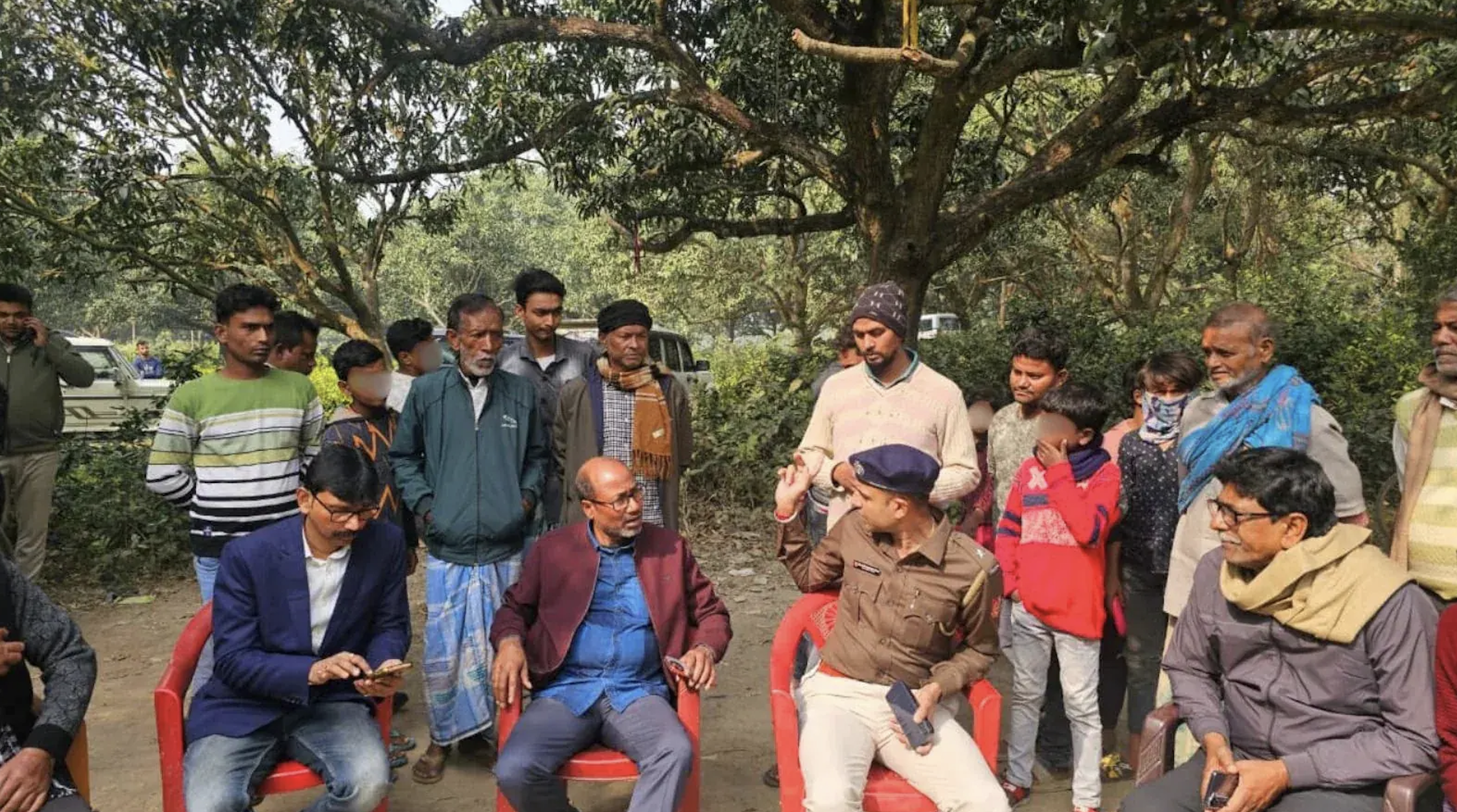
By Team Clarion
BHOPAL — As the country prepares to celebrate Diwali, the Hindu festival of lights, several Hindutva groups in Madhya Pradesh’s Bhopal have launched a boycott campaign targeting non-Hindu traders, urging citizens to buy sweets, clothes, fireworks, and decorations only from Hindu shopkeepers.
The campaign, led by the World Hindu Council (Vishwa Hindu Parishad, VHP) and Bajrang Dal, features large hoardings, posters, and banners across major markets and intersections in the city, carrying slogans such as, “Apna Tyohar, Apno Se Vyavahar” (Celebrate your festival with your own community). The posters explicitly state that Diwali shopping should be restricted to Hindu traders, warning against purchasing from non-Hindus.
VHP and Bajrang Dal representatives claim the campaign promotes self-reliance and cultural unity within the Hindu community. They argue it will economically empower Hindu traders and strengthen their businesses. “This initiative is intended to encourage local Hindu businesses and preserve cultural traditions,” said a VHP spokesperson.
However, critics and residents warn that such campaigns could harm communal harmony and target minority communities unfairly. Former Law Minister PC Sharma commented, “This is against the spirit of Indian culture. Since the time of Baba Adam, everyone has lived together peacefully. Festivals exist to bring people together, not to divide them. Campaigns like this attack centuries of harmony.”
Minority shopkeepers in Bhopal have expressed concern over the boycott. Saira Begum, who runs a sweet shop in the city, said, “Every year we wait for Diwali to serve customers and celebrate the festival together. This poster makes people fearful and could hurt our livelihood. We just want to live and work peacefully.”
The campaign has already begun circulating widely on social media platforms, including X, Facebook, Instagram, and WhatsApp groups. Organisers have indicated plans to expand the campaign to other major cities in Madhya Pradesh, including Indore, Jabalpur, Ujjain, Gwalior, and Sagar.
This story was originally published in clarionindia.net. Read the full story here.


